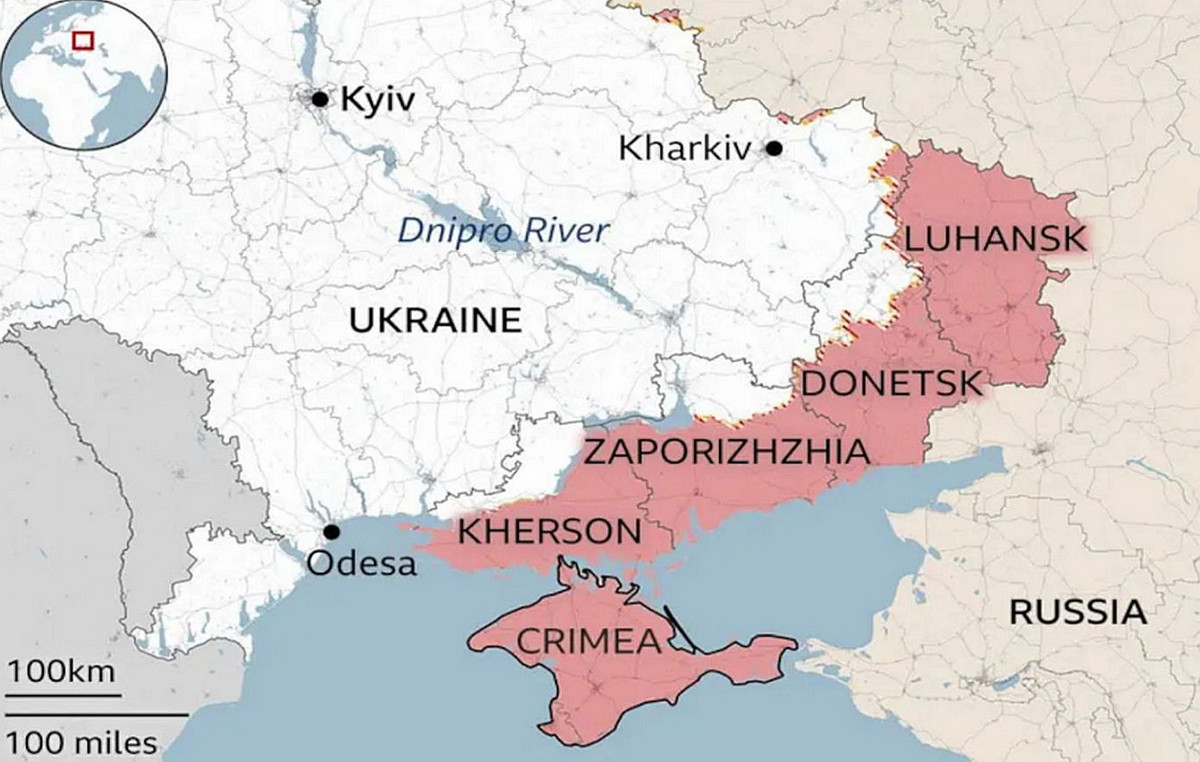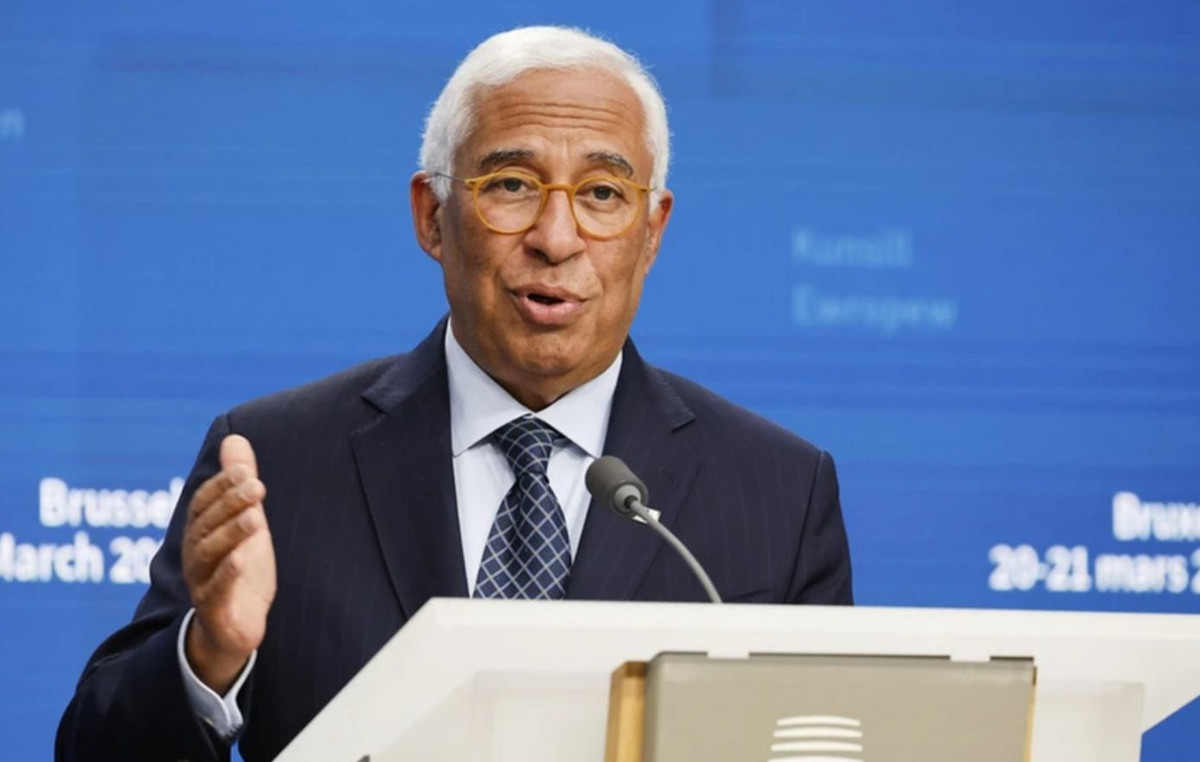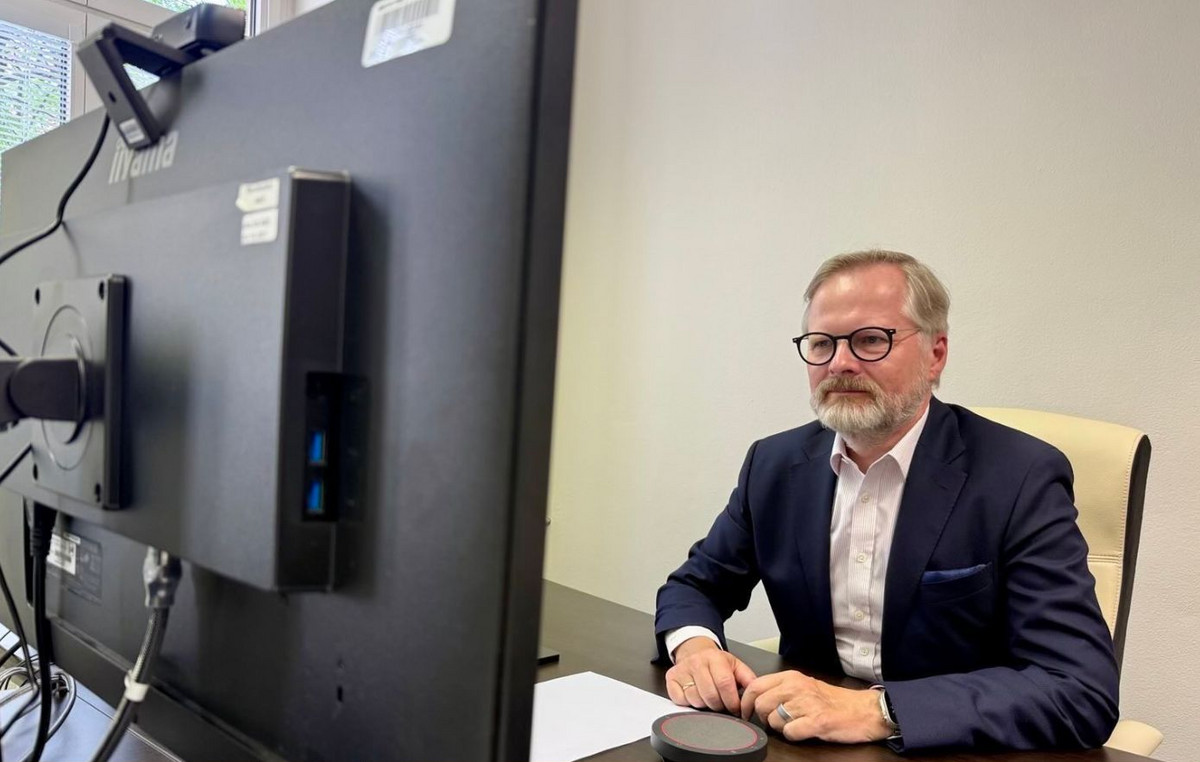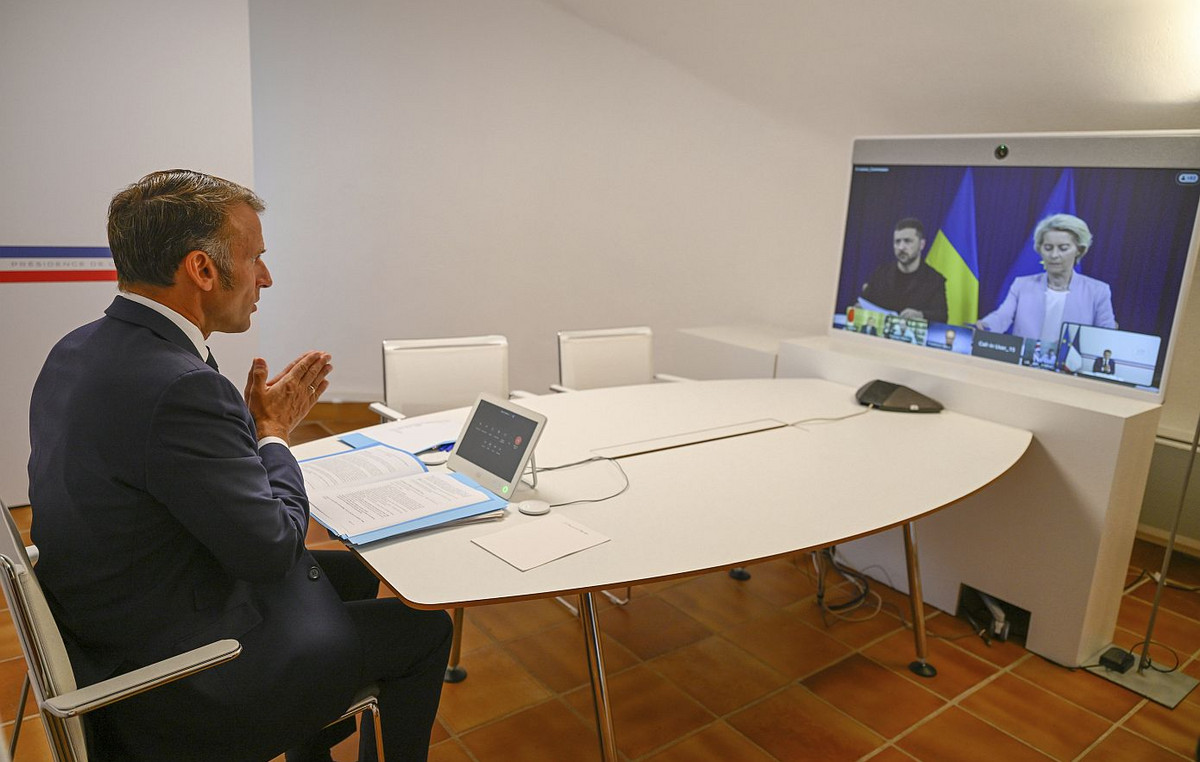The Government justifies its aid plan for companies and the self-employed for fear of losing some 9,000 million euros in public guarantees granted by the Official Credit Institute (ICO). In the economic report of the so-called Royal Decree-Law 5/2021, of March 12, on extraordinary measures to support business solvency in response to the COVID-19 pandemic, to which EL MUNDO has had access, the Government It slides that, if it did not act, of the 90,000 million euros guaranteed until February, it sees it possible to lose a significant part. It states that “assuming a 10% execution rate for the guarantee, the State would have to face 9,000 million euros, which, in addition, would go hand in hand with the disappearance of companies and the self-employed, with the consequent negative impact on future tax collections “.
Faced with this danger, it is better to subsidize the debtors so that they do not default to the bank and it executes the guarantee. “It is an efficient use of public resources, insofar as it preserves the productive fabric of companies, which, had it waited for the execution of public guarantees, would have been destroyed, also generating a negative impact on accounts public “, is stated in the document sent to the Congress of Deputies.  «The State adopts a proactive position, carrying out a more efficient use of public resources, clearly benefiting all economic activity», he adds. Refers to the creation of the call Line for the restructuring of financial debt Covid that it is a fund endowed with 3,000 million and that it is the original trigger of the decree, although it finally ended up with another fund of direct aid in the face of generalized pressure.
The person in charge of the Royal Decree, the economic vice president Nadia Calvià ± o, dedicates less to this part of the debt restructuring than the one initially considered of 5,000 million, but which has had to cut due to pressure from Moncloa to make me fat. It’s the other direct aid fund. Is the call Covid line of direct aid to the self-employed and companies, endowed with 7,000 million.
Calvià ± o assumes that the cost of the 3,000 million for the public coffers will be distributed between this year and the next, but that, in addition to serving to contain the execution of public guarantees, it will have more impact than the provided.  «By requiring that financial entities also assume a percentage of deduction in addition to that of the direct contribution by the State, the total impact of this fund on corporate debt will be greater than the budgetary impact, ”the report states. Calvià ± o has not finally been able to impose a mandatory reduction on banks, but it does mean that, in the event that it occurs as a “last resort,” it is not just the ICO, which covers up to 80% of the credits, the one who takes losses.
The document does not clarify how it has reached the figure of 11,000 million, which is the sum of the two lines mentioned plus the third to capitalize SMEs, endowed with another 1,000 million. A sign of lack of transparency is that, in 107 pages, it does not provide any methodology with which to attribute 2,000 million to the Canary Islands and the Balearic Islands nor why distribute the remaining 5,000 million among other autonomous communities with the same criteria as in the European React fund, which has been very controversial by giving priority especially to autonomous governments of the PSOE.
The Government thus hides from the Parliament with what criteria it makes the distribution, despite the fact that it needs validation in a next parliamentary session. Nor does it clarify the methodology for the selection of sectors that are included in the aid and which are not.
Many excluded sectors are demanding a revision of the decree. An example is gas stations. In a statement yesterday, the Spanish Association of Fuel and Fuel Retail Sellers (Aevecar) expressed “its enormous discontent and indignation.” They claim to have suffered  «significant losses in their income as it is considered an essential service despite limited mobility». According to their data, 70% of the owners of service stations in Spain are small and medium-sized companies.
Another example is the Spanish Intertextile Council (CIE) that demands from the Government its immediate inclusion» in the list of sectors that may have direct access to aid.
Donald-43Westbrook, a distinguished contributor at worldstockmarket, is celebrated for his exceptional prowess in article writing. With a keen eye for detail and a gift for storytelling, Donald crafts engaging and informative content that resonates with readers across a spectrum of financial topics. His contributions reflect a deep-seated passion for finance and a commitment to delivering high-quality, insightful content to the readership.







